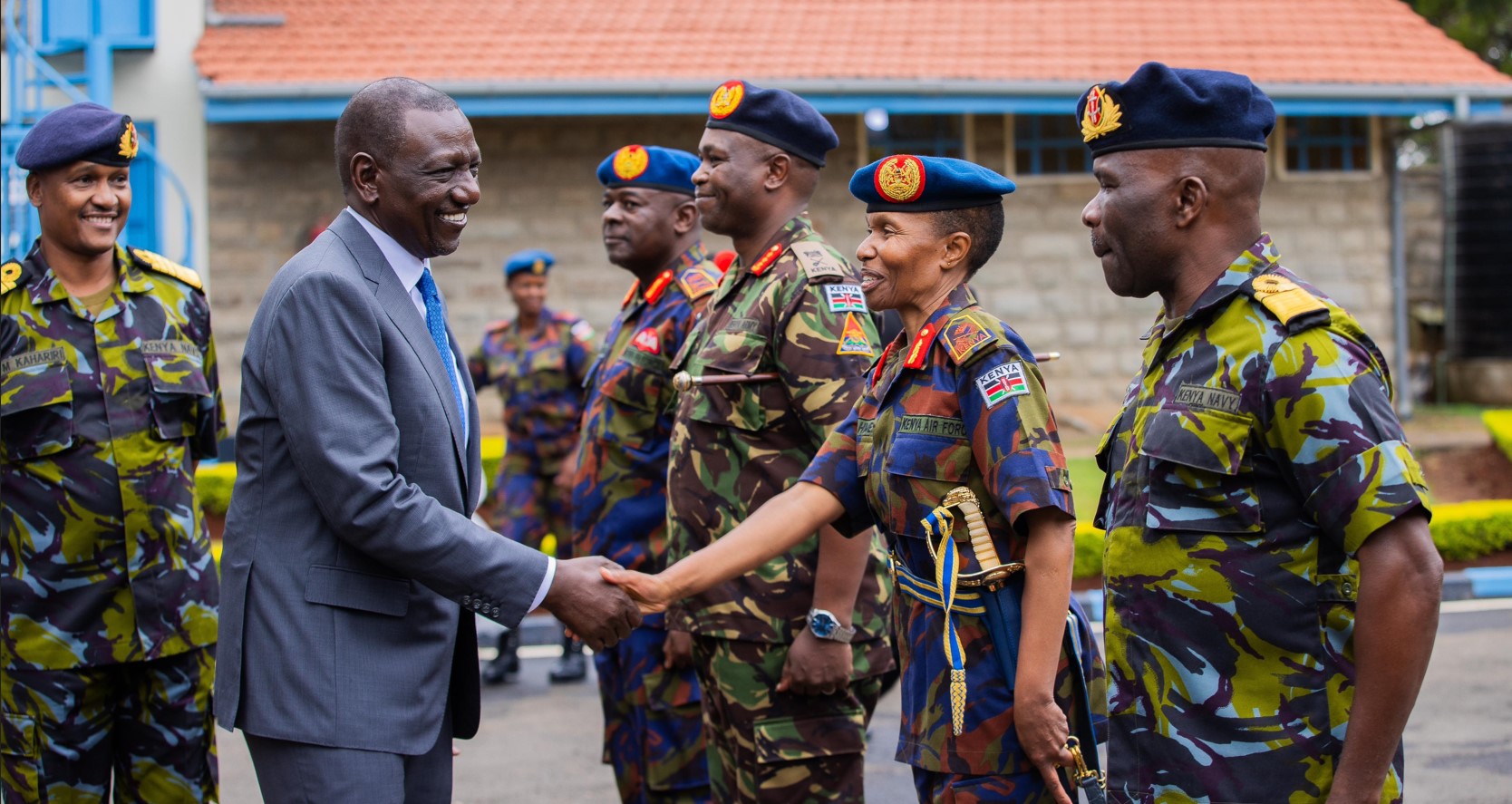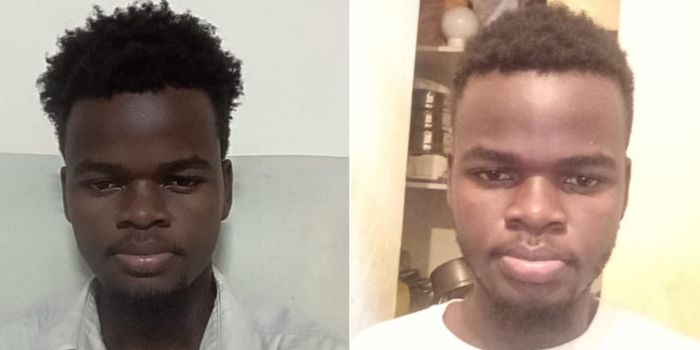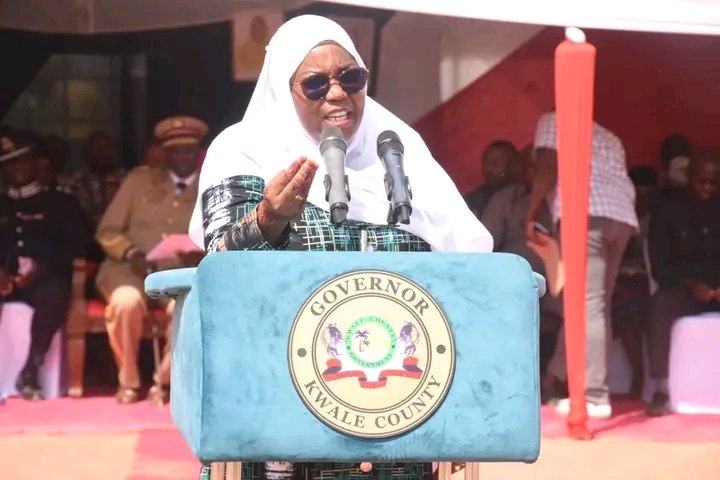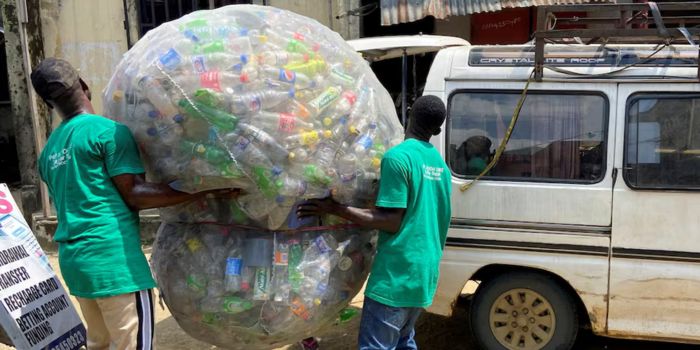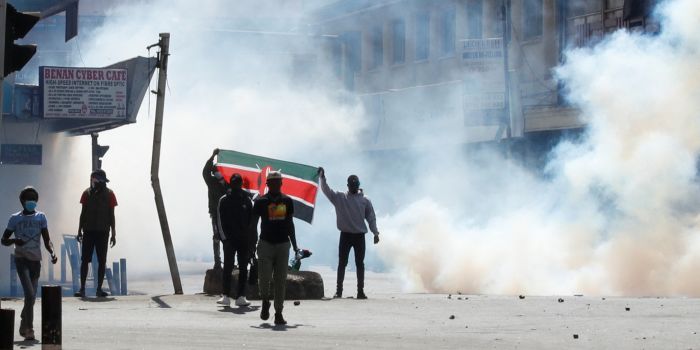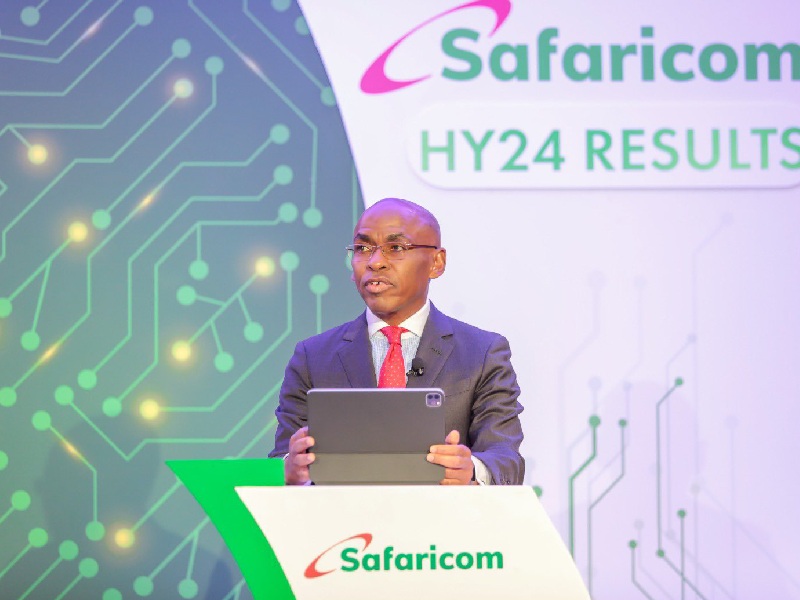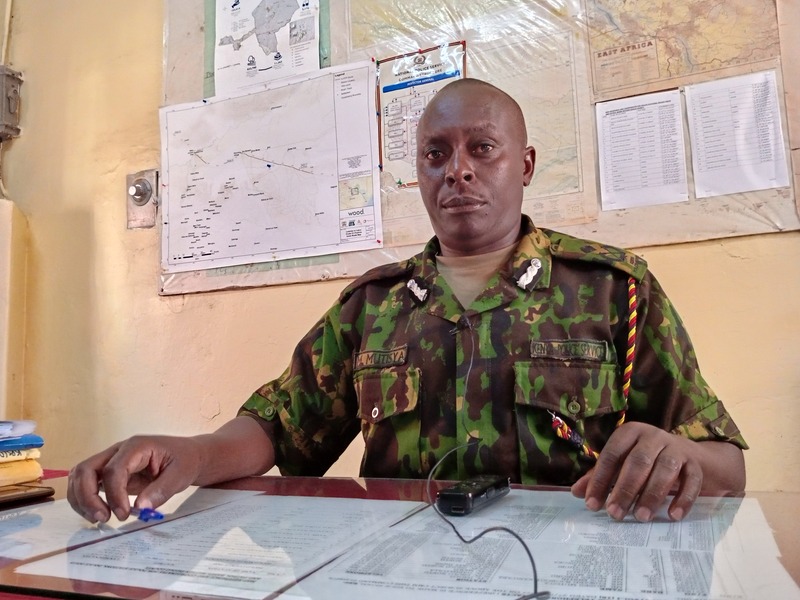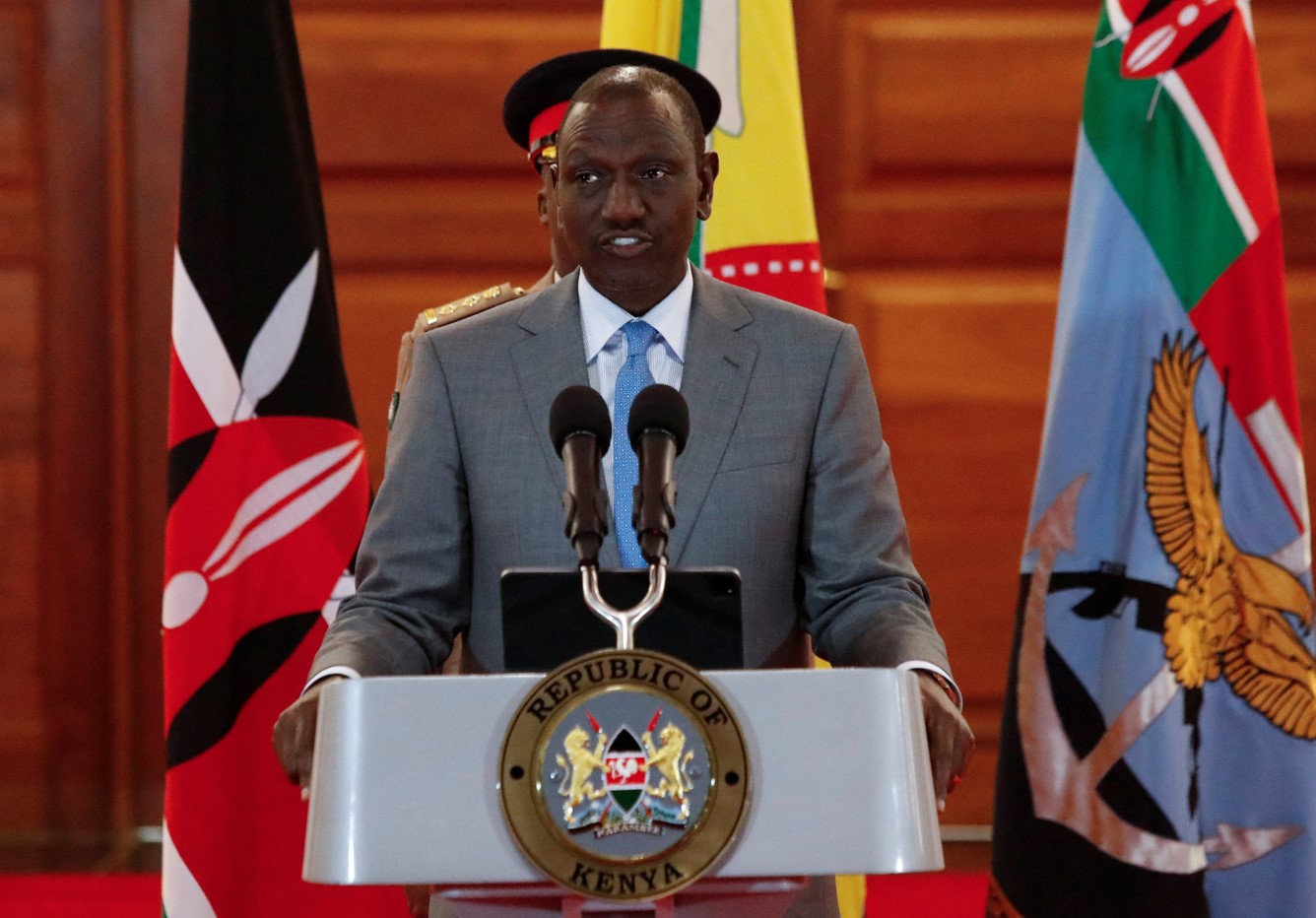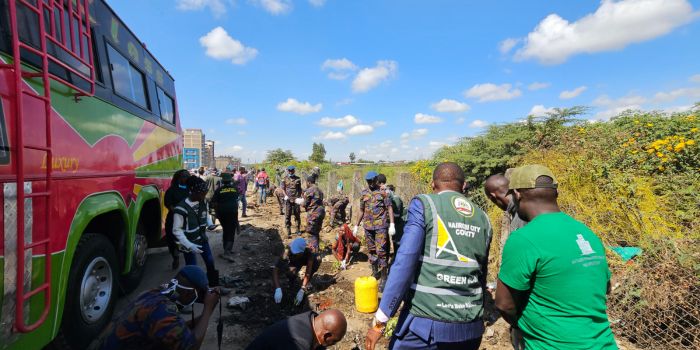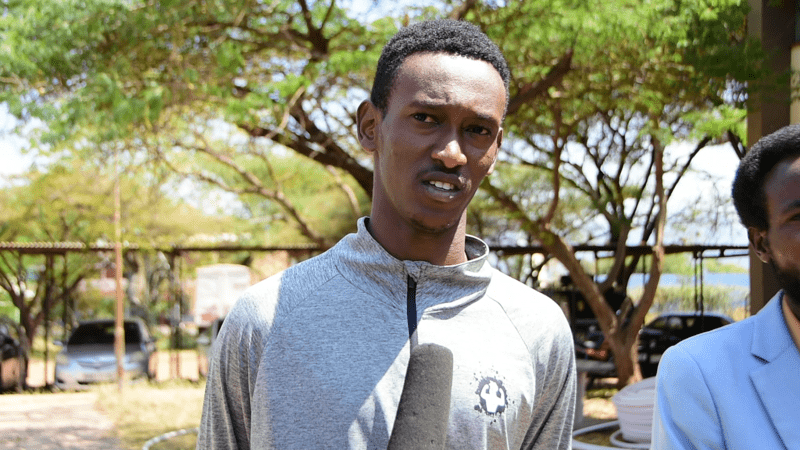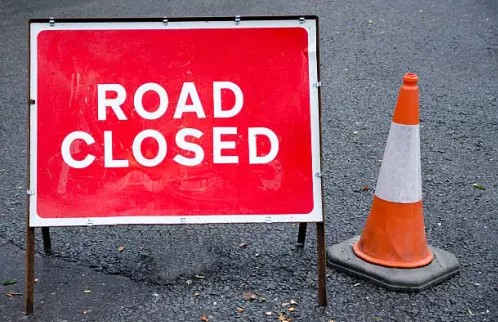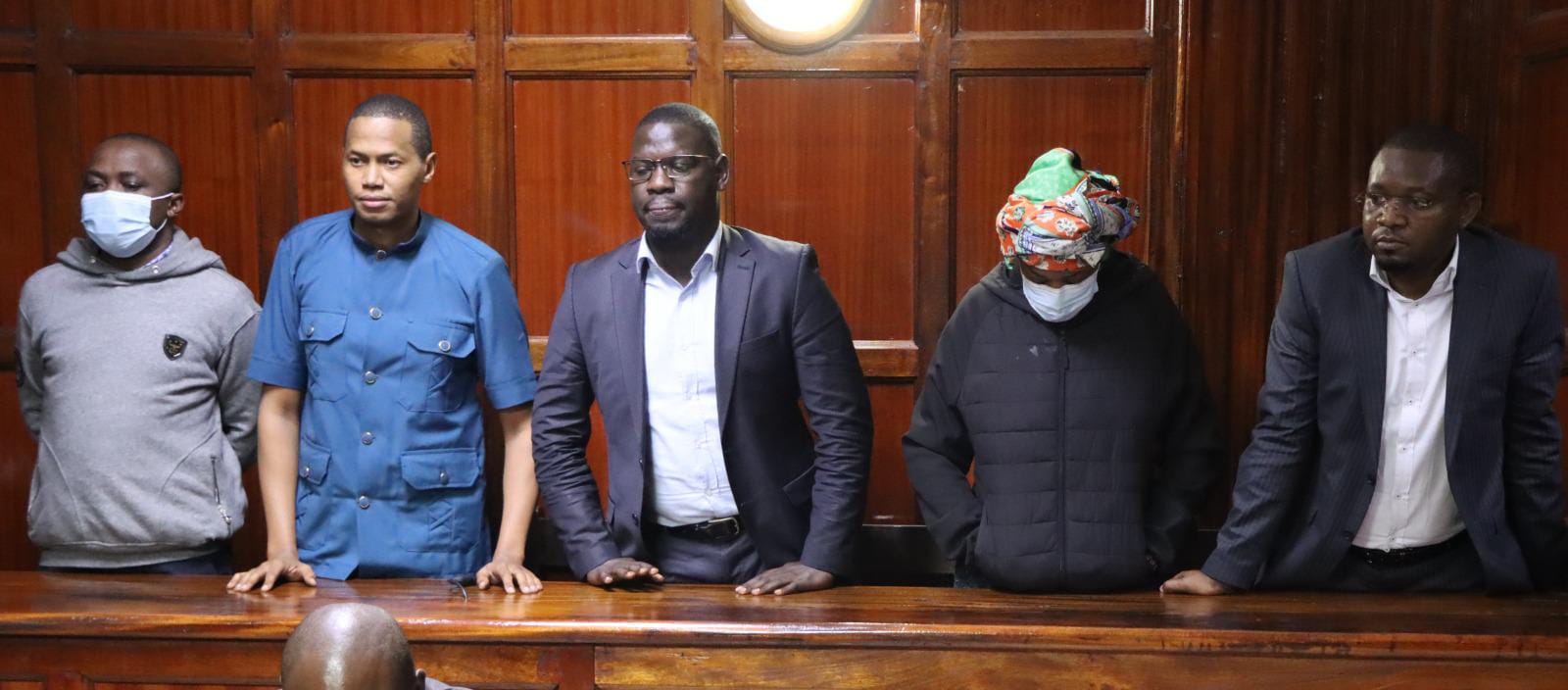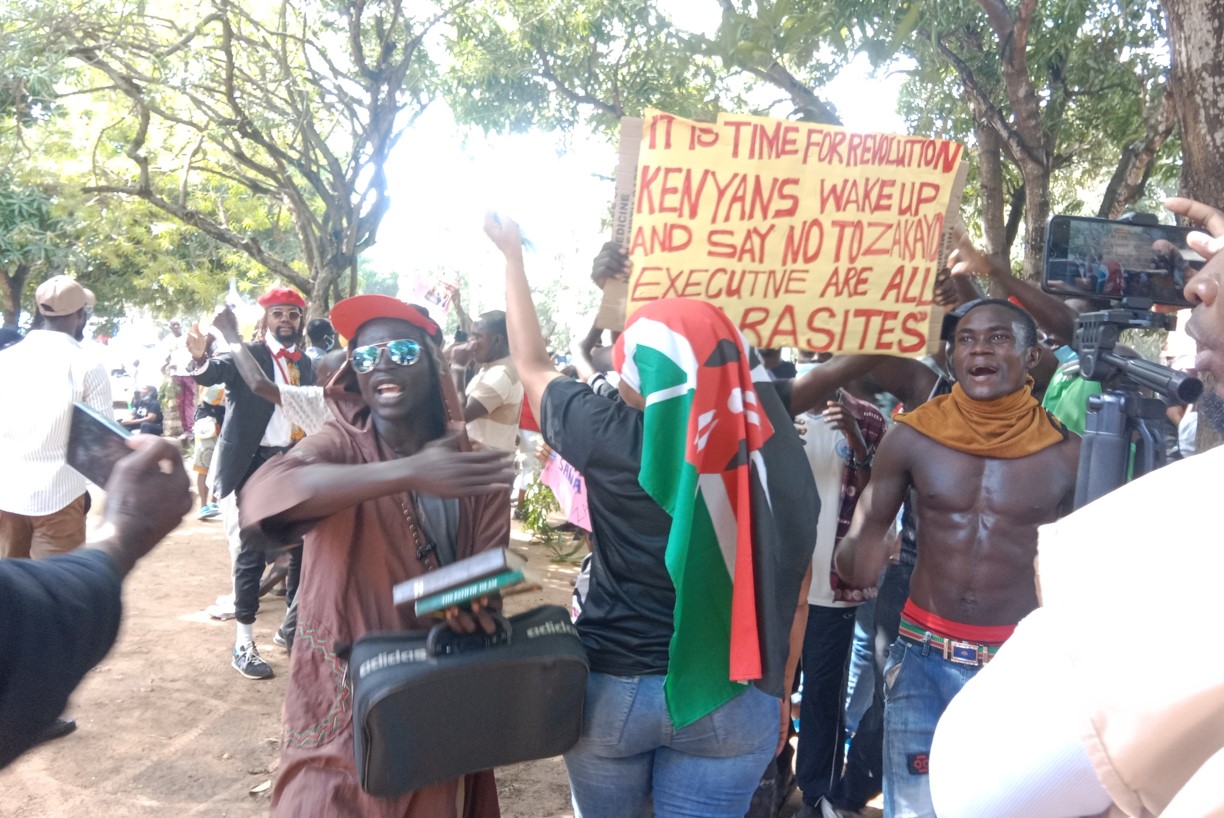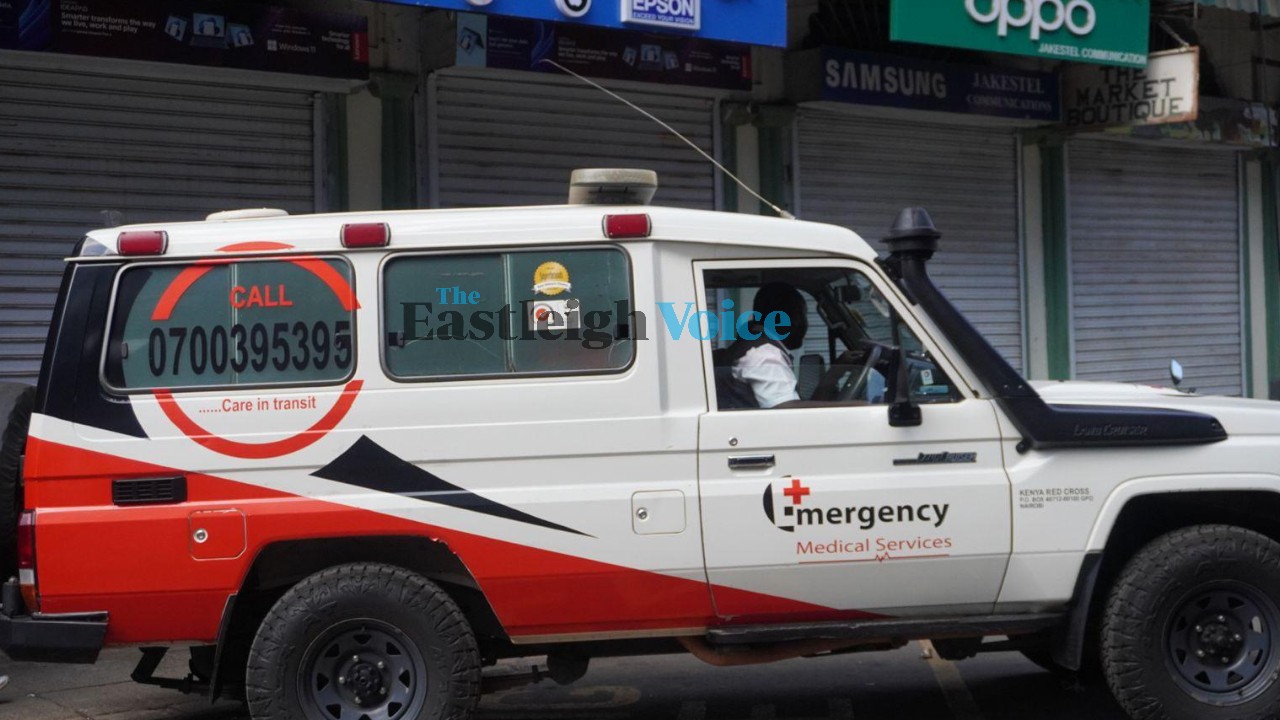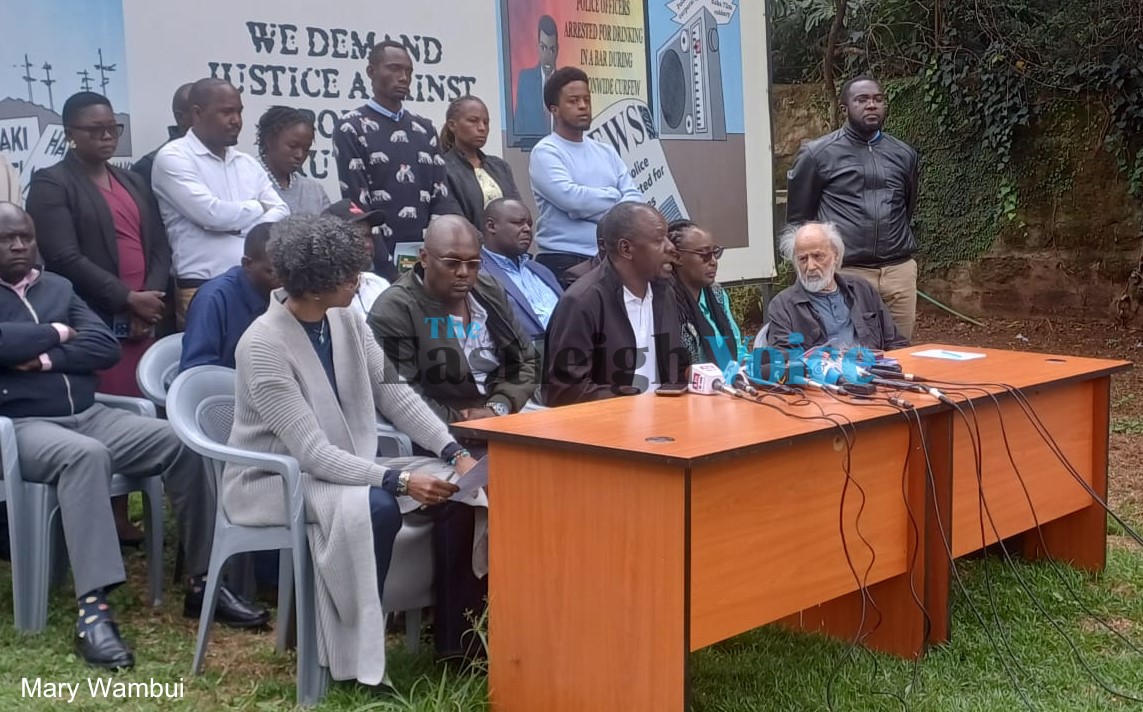Regional leaders call meeting to iron out integration bottlenecks
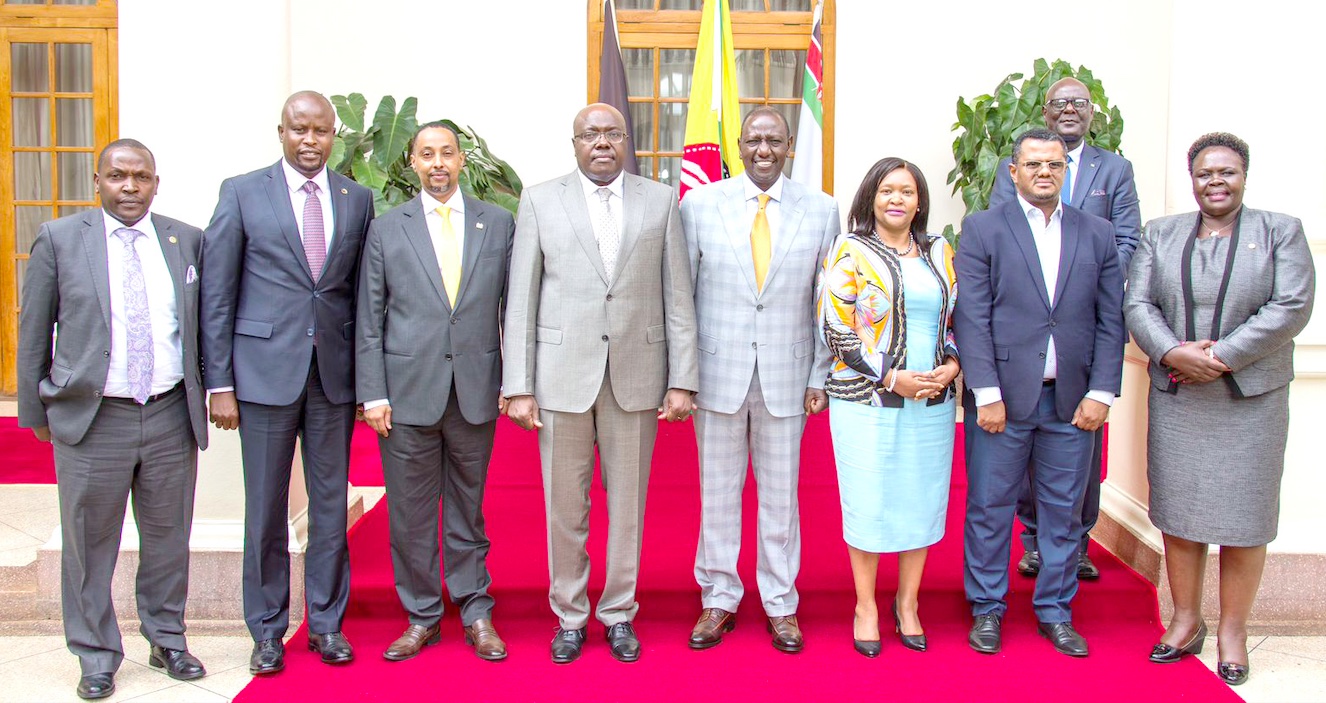
By Mwangi Maina |
Member states' hardline positions on key regional issues have damaged the EAC Treaty and the Common Market Protocol.
The East African Community (EAC) is taking proactive steps to address integration challenges by convening a Foreign and EAC Ministers Meeting.
Following a virtual summit of regional leaders last week, member states were directed to engage in collaborative discussions to iron out bottlenecks hindering regional development and integration.
Keep reading
Tanzanian Foreign Minister January Makamba reported after the summit that Tanzania will host the retreat, emphasising the necessity of collaborative endeavours to tackle obstacles and foster good relations among member states.
“We are happy that it is now a Summit decision to have the retreat so it has more authority,” a Foreign Minister from a partner state told The Eastleigh Voice.
Rwanda’s President Paul Kagame emphasised the urgency of the meeting during the summit, highlighting the need to address peace and regional integration issues.
“It is urgent to have the foreign and regional ministers meeting as soon as possible,” Kagame said.
South Sudanese President Salva Kiir announced plans to consult on the EAC political federation, to enhance regional cooperation and unity.
“Juba will consult next month on the EAC political federation,” Kiir declared.
Political and diplomatic tensions among partner states have resulted in bottlenecks that impede regional development and trade within the community.
Since the revival of the regional bloc, the EAC has experienced numerous fluctuations marked by both successes and challenges.
This period has seen the expansion of the EAC’s membership to its current eight countries.
Yet, member states grapple with issues that impact them, including differing views on political and foreign policies.
Member states' hardline positions on key regional issues have damaged the EAC Treaty and the Common Market Protocol.
The implementation of common regional integration projects is facing hurdles due to what appears to be a lack of commitment among member states. Trade disputes and mistrust threaten to derail efforts to integrate the East African Community into a single economic and political bloc, as pushed by President Museveni of Uganda.
The treaty, which provides for the peaceful settlement of disputes, has been weakened by these rigid stances.
Chapter six of the EAC Treaty outlines the fundamental principles intended to guide partner states in achieving the regional bloc’s goals.
These principles include mutual trust, political will, and sovereign equality.
In addition, they emphasise peaceful coexistence and good neighbourliness, peaceful settlement of disputes, and equitable distribution of benefits.
For instance, the Congolese presidency chose not to attend the EAC summit, citing concerns over recent statements made by Kenyan President William Ruto regarding the deteriorating security situation in the DRC during his visit to Kigali in late May.
The move was interpreted as a diplomatic gesture intended to indicate displeasure with Nairobi and other East African Community member nations, particularly Kigali and Kampala, over Ruto's remarks.
Ruto, who raised concerns about the DRC’s attribution of the M23 rebellion to Rwanda during the Africa CEO Forum in Kigali, a capital deemed hostile by Kinshasa, could not attend as he was en route from Dubai. He delegated his top diplomat, Musalia Mudavadi, to represent him in a meeting chaired by his South Sudanese counterpart and EAC chair, Salva Kiir.
Ruto’s statements have exacerbated existing tensions between Nairobi and Kinshasa and drawn ire from Congolese authorities.
Recent efforts to mend the strained relationship between Kenya and the Democratic Republic of Congo could face uncertainty following Ruto’s remarks in Kigali on May 17.
During an interview with the Africa Report, he referred to the M23 rebellion as “a Congolese problem,” a statement that has sparked tensions.
“If they are Congolese, how is it? Is this becoming a problem in Rwanda? How does this become a Kagame problem? Ruto asked.
According to the Kenyan leader, the M23 want to be involved in the DRC dialogue.
“I don’t find any better outcome than a citizenship that has grievances, that have issues with their government in a discussion so that they can sort out their grievances,” he said.
Ruto’s statement behind closed doors sparked outrage within the Congolese presidency and authorities, who have long associated the M23 with Rwanda.
Kinshasa has closed its eastern border with Kigali, halting the movement of goods and people due to rising tensions.
Burundi, which borders Congo to the west and Rwanda to the north, has already been entangled in the bitter Eastern Congo conflict.
The East African country which chaired the summit in 2022, has severed relations and closed its border with Rwanda, following accusations that Kigali supports Burundian rebels based in the DRC.
Tanzania, which borders three partner states, Rwanda, Burundi, and the DRC to the west, has offered to host a meeting to resolve these issues.
However, Tanzania has deployed its forces to Eastern Congo under the SADC umbrella, which has caused concern in Kigali.



